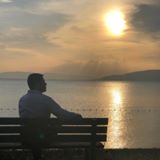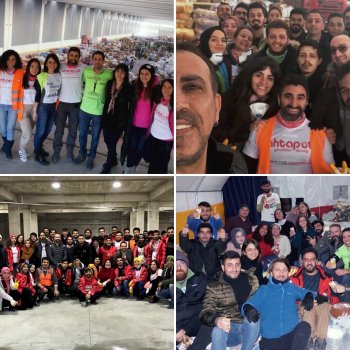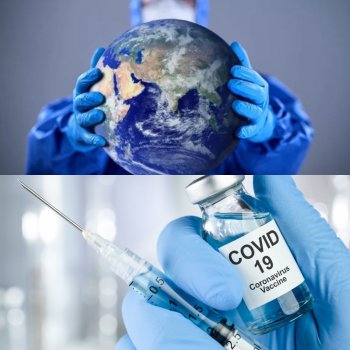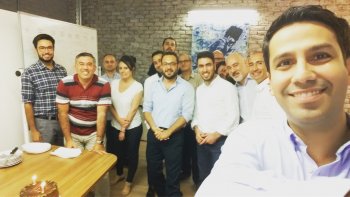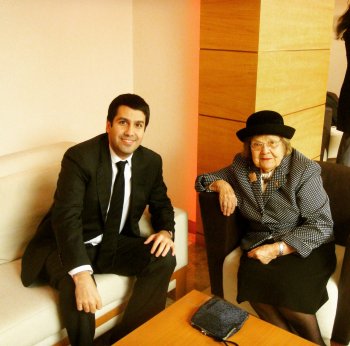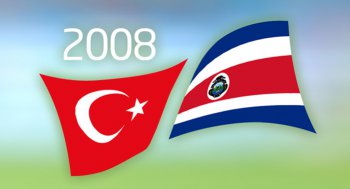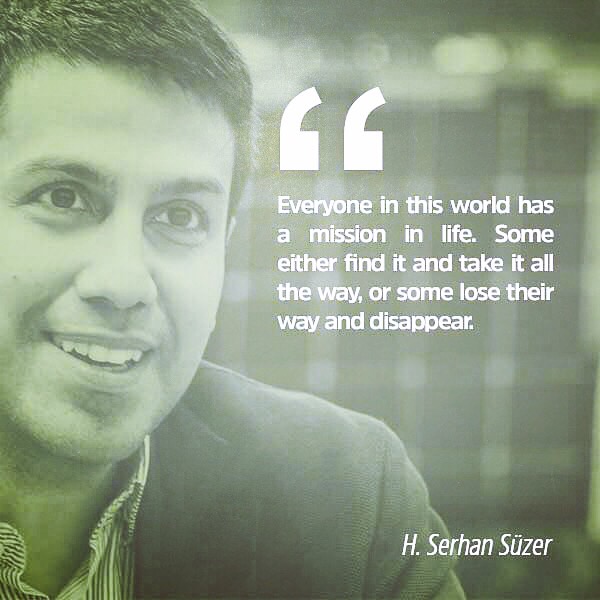The disaster platform and what we did at the Izmir earthquake
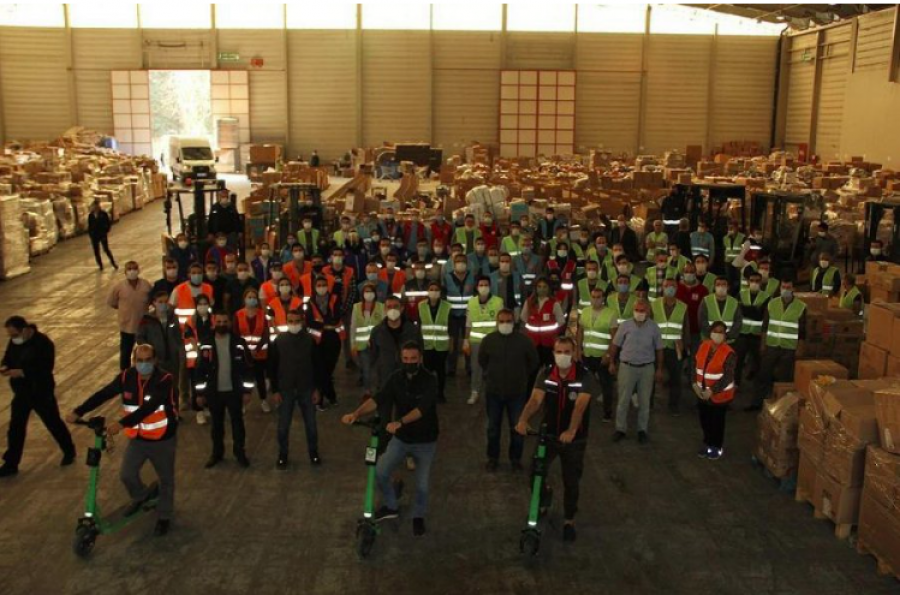
Being part of the non-governmental organizations that went to the region in the Elazig earthquake, the Disaster Platform, which we put into place in order to maintain the coordination during the joint aid works, was on duty this time in Izmir. While our experience is increasing, we will do our best to minimize the loss of life and property in disasters, which is our main goal, with the works we will do in the non-disaster periods.
I wrote an article in January about how the Disaster Platform started. You can read the story of this process at https://www.serhansuzer.com/en/elazigda-bizim-stklar-tarih
In summary, the beginning of the Disaster Platform dates back to the Elazig Earthquake. We came together with 8-10 NGOs in Elazig, both by communicating with each other and meeting some NGOs by chance. At the Elazig Chamber of Commerce, we first decided to negotiate amongst ourselves and act together. The Chamber of Commerce supported us, opened the doors of their centres to us, and then allocated a warehouse. We then went to meet with the Governor and the President of AFAD. We were accepted and started working. We made a great contribution to the rapid recovery of the acute period in the disaster in Elazig.
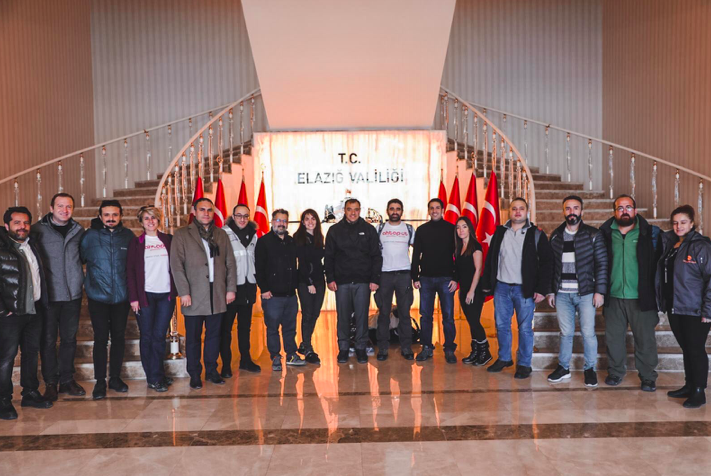
Normally, if 2-3 NGOs came together in Turkia, they would have had trouble; but because we were around 10 NGOs, we were able to act with the public. When we saw that we could achieve this, we said, "Let's turn this into a corporate structure." We met in February and discussed the details. When the Covid-19 epidemic broke out in our country in March, we continued the meetings we held amongst ourselves with video conferences and held our weekly meetings online at the times we determined, without interruption.
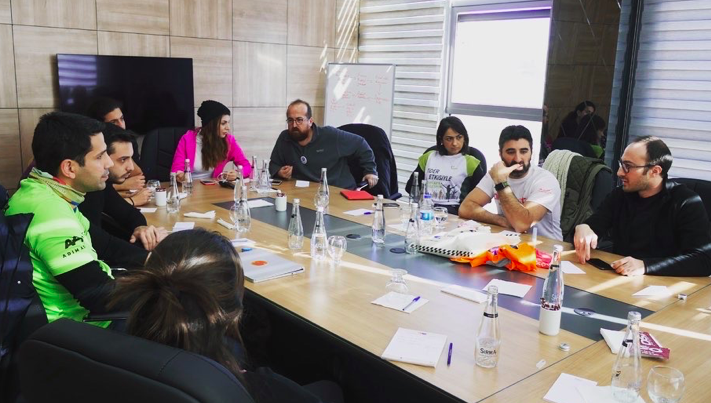
The Founding NGOs
During this period, we took part in the Van Earthquake, the refugee crisis in Edirne, the Covid-19 epidemic and the most recent flood in Giresun, and as NGOs that are part of the Disaster Platform, we did our part in every disaster. As a result of the discussions we held for weeks, we clarified how we will carry out the governance. As of October 1, 2020, we established the Disaster Platform with the initiative of 23 NGOs. The names of these 23 NGOs are as follows: Anne Çocuk Eğitim Vakfı (AÇEV), Açık Açık, Ahbap Derneği, Arama Kurtarma Derneği (AKUT), Çorbada Tuzun Olsun Derneği, Dünya Doktorları Derneği, Hayata Destek Derneği, İstanbul Gönüllüleri, İhtiyaç Haritası, Kadın Emeğini Değerlendirme Vakfı, Kadınlarla Dayanışma Vakfı (KADAV), Türkiye Korunmaya Muhtaç Çocuklar Vakfı (Koruncuk), Lokman Hekim Sağlık Vakfı, Maya Vakfı, Nef Vakfı, Nirengi Derneği, Temel İhtiyaç Derneği (TİDER), Toplum Gönüllüleri Vakfı (TOG), Turkish Philanthropy Funds, Türk Psikologlar Derneği, Türkiye Kadın Girişimciler Derneği (KAGİDER) and World Human Relief.
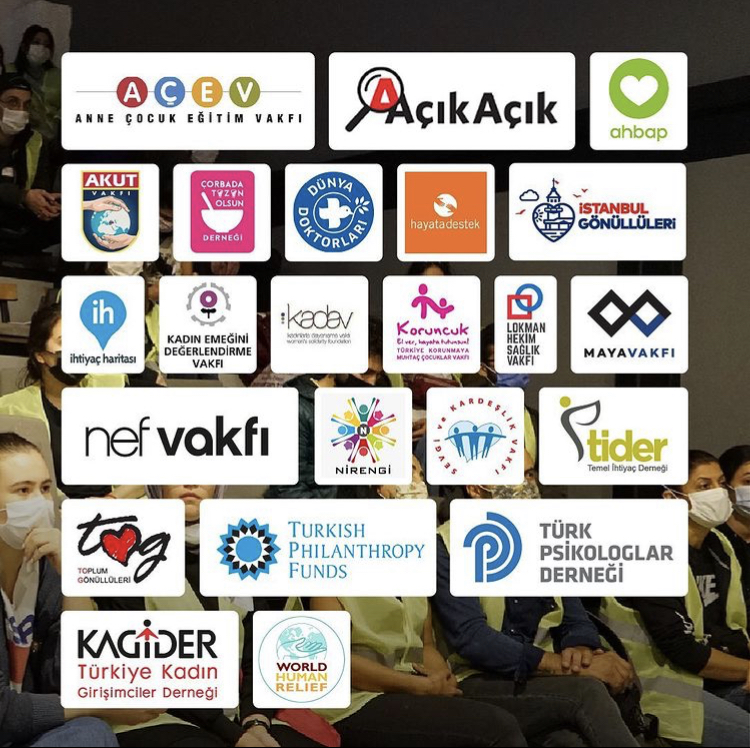
When the Izmir earthquake took place about a month later, we established the Crisis Desk on the same day and moved on to comprehensive disaster management. I also wrote a blog about our involvement in the Izmir earthquake: https://www.serhansuzer.com/en/izmirde-bir-kez-daha-gorevimizin-basindayiz
The importance of connecting with the public
The biggest strength of the Disaster Platform, which we have established with the motto of “joint mind, collective action”, is that NGOs who are experts in different fields such as search and rescue, needs analysis, food banking, humanitarian aid, psycho-social support, put all their expertise efforts and act in a synchronized way, complementing each other and showing collective solidarity. The collective and systematic efforts of the officials and experts of the relevant NGOs during disasters contribute to the rapid recovery of acute periods.
I mentioned that we set up the crisis desk on the day of the earthquake. The next day, I was on the road to Izmir. The first thing we did on the weekend we went to Izmir was to establish our ties with the public. In other words, on Saturday, October 31 and Sunday, November 1, we made serious efforts to establish our ties with the public and determine what kind of system we would need to move forward in. We finally managed to establish that bond. Here, the support of the artist Haluk Levent, the founder of Ahbap, made a great contribution. From the day of the earthquake, our friends Sarica, spokesperson of the Crisis Desk, Ali Ercan and Ahmet from the Ihtiyac Haritasi did their best. I joined them on Saturday and we made significant progress in the negotiations by Sunday, November 1st. We reached a conclusion at a meeting attended by the AFAD President Mehmet Gulluoglu and his team on Sunday afternoon. I also attended this meeting organized by Haluk Levent and the Ahbap team.
After the meeting, they appointed an official from AFAD, which undertakes the task of coordination in disasters, to pave the way for us and ensure coordination. We contacted him and talked to him in the evening. Before the AFAD official, we also had a meeting with the general manager of Kizilay and their team. As a result of these meetings, both AFAD Kizilay directed us to the warehouse of the Social Assistance and Solidarity Foundation in Basmane. We went to this warehouse on the same night without wasting any time and saw the officials working in Elazig before us. They welcomed us with enthusiasm because we had worked together for a long time and they knew us well, and they said, “We are very glad that you came here”. We jointly assumed the responsibility of the warehouse. After clarifying the warehouse, which is at the centre of logistics in humanitarian aid, we set up our system and started our volunteer organization the next day.
The platform needs to be officially recognized
In fact, we experience the problem of integrating with the public in every disaster we visit. We want the public that is satisfied with us to officially recognize us, to automate accreditation, and to be able to go to the region like the gears of a machine and take our place in the next disaster. In other words, the Disaster Platform should be recognized by all public units when a disaster occurs and should take its place in the fight against disasters without wasting any time. When a disaster occurs in a region, AFAD does the coordination. Therefore, we are already working closely with AFAD and we want to make it permanent. Likewise, we want to establish that bond with relevant institutions and organizations such as the Kizilay, the Ministry of Family, Labor and Social Services, the Ministry of Interior, and the Ministry of Health. We will continue to make serious efforts to institutionalize this coordination.
Returning back to Izmir; While we took over the responsibility of the warehouse in Basmane with the coordination of the Social Assistance and Solidarity Foundation affiliated with the governorship, we also visited the warehouse of Bayrakli Municipality, as we learned that there was also a need there. We agreed to provide volunteer support and as of Monday, November 2, we started to direct our volunteers to Bayrakli. On the other hand, we gave volunteer support to Kizilar. They made requests from us for the work to be done in Kizilay’s own warehouse, and we met their workforce needs thanks to our volunteers.
While we were doing all this, on the other hand, the search and rescue workers who were in coordination with AFAD, especially AKUT, were on duty. Local NGOs such as İzmad (İzmir Cave Research Association) from the Federation of Cavers had also started to join these teams.
7 Commission and Executive Boards
Our way of working in disasters has now fallen into place. We reinforced this even more with the Izmir earthquake. Accordingly, in times of disaster, our Crisis Desk Commission takes the responsibility and its first job is to establish the Crisis Desk in the disaster area on the same day. All commissions of the Disaster Platform support this operation in disasters. We have a total of seven commissions on our platform: Governance, Preparedness, Membership, External Affairs, Fundraising, Communications and Crisis Desk. In addition, communication groups are created immediately at the site of the disaster (for example, we have a very busy Disaster Platform İzmir group) and even sub-WhatsApp groups are created according to needs: Child, Psycho-social, Mobile Toilets, etc. All this coordination is carried out by the Executive Board, which consists of the spokespersons of all commissions, especially the Spokesperson for the Term and the Spokesperson for the Crisis Desk.
Also, we, as the Disaster Platform, take part personally for the first 15 days. In other words, at a time when the shock of the disaster continues and no one knows what to do, we enter the field from the first day, do what needs to be done quickly, set up the system, and then hand the system over to local NGOs. Local NGOs acting with us also maintain our system in the field for at least a week. Afterwards, duties and responsibilities can be transferred to public institutions according to their wishes. Some continue to work in the field.
After working in the field for 2 weeks in İzmir, we transferred the humanitarian aid related works to İzmir's local NGOs. After working for a week, they transferred their duties and responsibilities to the public. I say they transferred it, but we have some platform member NGOs that continue to support volunteers in the field. We support them in every way.
Guiding the volunteers
Volunteers are at the heart of our work. In addition to our NGOs such as Ahbap, İhtiyac Haritası and TOG, which have made the volunteer organization very successful, local NGOs of İzmir and those who come independently are also taking part. Announcements are made every day through the communication networks of relevant NGOs and social media channels. The future ones are determined one day in advance.
Volunteers are directed according to the work to be done. Each NGO is responsible for its own volunteers. Our Crisis Desk Commission provides the coordination between different NGOs. Those who come independently join the volunteers of the relevant NGOs according to the work done.
The distributions in İzmir are made by the officials and employees of public institutions such as AFAD and Kizilay, upon the decision of the public. However, upon request from our donors, we use our right to accompany them while these distributions are made. This system was different in Elazig. We were able to go directly to distribution in Elazig. Since the governorship in Izmir deemed it appropriate, we followed the rules there. We mostly managed the tasks that required significant workforce such as warehouse organization and preparation of products in the background.
A transparent donation system
We make sure to inform the donors where the donations are directed to. We also provide the relevant documents (receipts, etc.). There is a detail here: Since the Disaster Platform does not currently have a legal personality, we manage all in-kind donations in full coordination with NGOs. For in-kind donations, each NGO reveals its donor and donations. All these donations are directed by the joint coordination of our Resource Development Commission and Ihtiyac Haritasi and sent to the places in need.
We also have two ways for cash donations. Either we ask donors to procure and forward the product; for example, direct purchase of hygiene packages with donations (we do not interfere) and sending the products to the place where our volunteers are. Or, it is possible for the relevant NGO to open an account on the Disaster Platform, deposit the cash into that account with the consent of the donor, and send the cash to the field by using it the way the donor wishes to use it. Most of the time, we inform the donor of the need and we make referrals with the donor's acceptance.
Accountability and transparency are amongst our fundamental principles. Therefore, we act according to the wishes of the donors. Even the warehouse is selected in accordance with the goals and objectives of the donations made by the donors.
In addition, we will discuss the legal personality of the Disaster Platform at our general assembly in December. If it is accepted, we need to decide what kind of NGO we will establish in the next step (association, foundation, federation, etc.). We are currently running our platform on the basis of the acceptance of the general principles document of our member NGOs and general principles.
Taking precautions before a disaster
I would like to underline another very important issue. As the Disaster Platform, our success will be revealed by the work we will do in the non-disaster periods. For example, we want to determine the risk in a place before a disaster occurs and take measures to eliminate or reduce those risks. To give a more specific example, we aim to relocate the buildings built on the stream bed and prevent loss of life and property without flooding there. For this, we will publish risk reduction reports and follow up.
Another example of the work we will do in non-disaster periods is the training we will give to those who want to volunteer in search and rescue and humanitarian aid. I'm talking about selecting and training local NGOs that are prone to this field so that accredited search and rescuers can emerge. Or if the first 72 hours in a disaster are thought to be very critical, I'm talking about raising First Response Teams everywhere. It is not only about training but also providing the equipment related to the first response to the local authority.
Hundreds of our volunteers worked in the field every day during the Izmir Earthquake. We spent a lot of time in search and rescue, needs analysis, humanitarian aid, food banking and psycho-social fields and our work is still continuing. Search and rescue efforts have been terminated, and we have transferred a significant part of our humanitarian aid work to the public as of last weekend. However, we continue to work on needs analysis, psycho-social and especially housing needs.
Our work will continue at full speed
Although the number of volunteers of NGOs working in the field of psycho-social activities has decreased over time, it still continues, and we continue to support the birkirabiryuva.org campaign, developed jointly with the Izmir Metropolitan Municipality, Ihtiyac Haritasi, which is a member of the Disaster Platform. We also accept direct donations for beds, furniture and white goods needed by those who move to these houses.
Finally, we started working on a report on what we did in the Izmir Earthquake. We will organize and combine all the data and share it with the public. I also plan to convey the results of this report to you in a separate article.
As the Disaster Platform, our aim is to minimize the loss of life and property caused by disasters. For this, our work will continue intensifying in disaster and non-disaster periods. You can follow us on Instagram, Twitter, Linkedin and Facebook social media channels. Our website will also be live soon.
In order to cope with natural and man-made disasters, the public, non-governmental organizations and the private sector need to act in full coordination. Even the support of individuals is very important. That's why I ask all my readers to support us as an institution and as an individual, or by choosing the one that suits you best.
Take care.
Note: While writing this article, I quoted two interviews I gave about the Disaster Platform. I also recommend you reading these interviews:
Civil Pages: https://www.sivil Sayfalar.org/2020/11/03/stk-afet-platformu-dayanismayi-buyutmeye-cagiriyor/
TUSEV: https://degisimicinbagis.org/afet-platformu-ve-paydaslar-arasi-is-birliği/
Tag: sağlık
